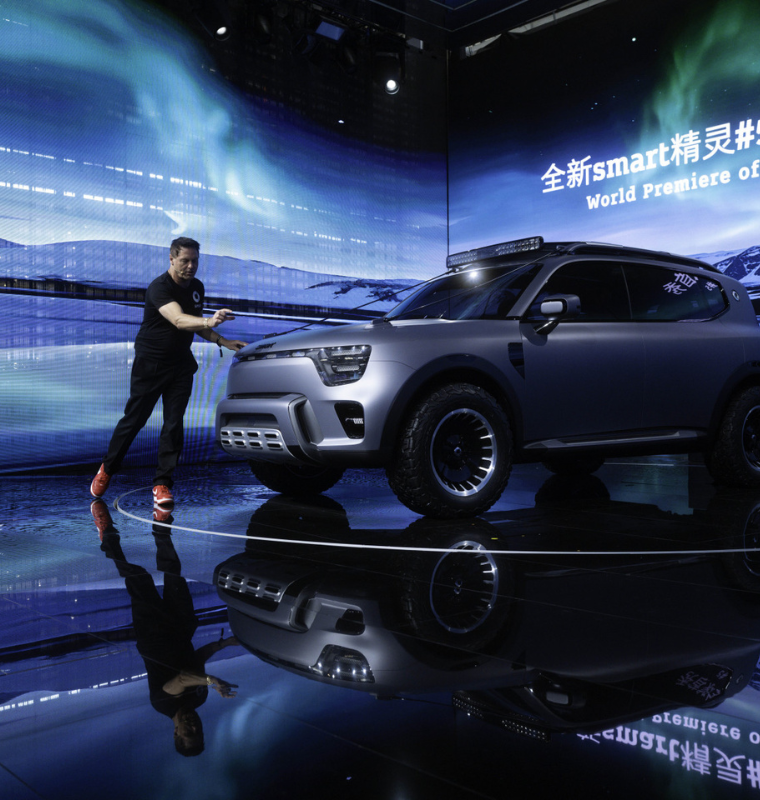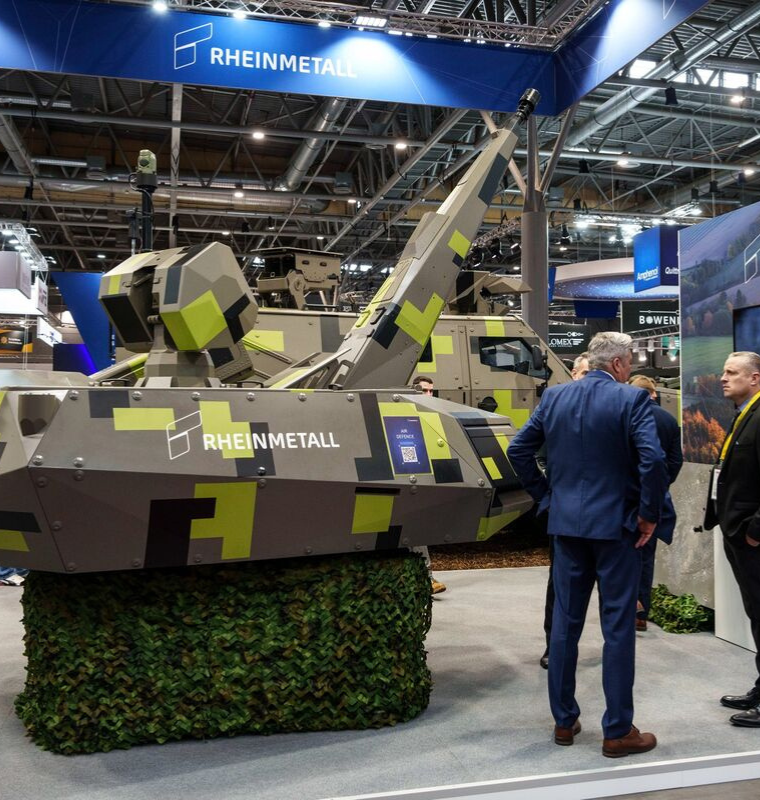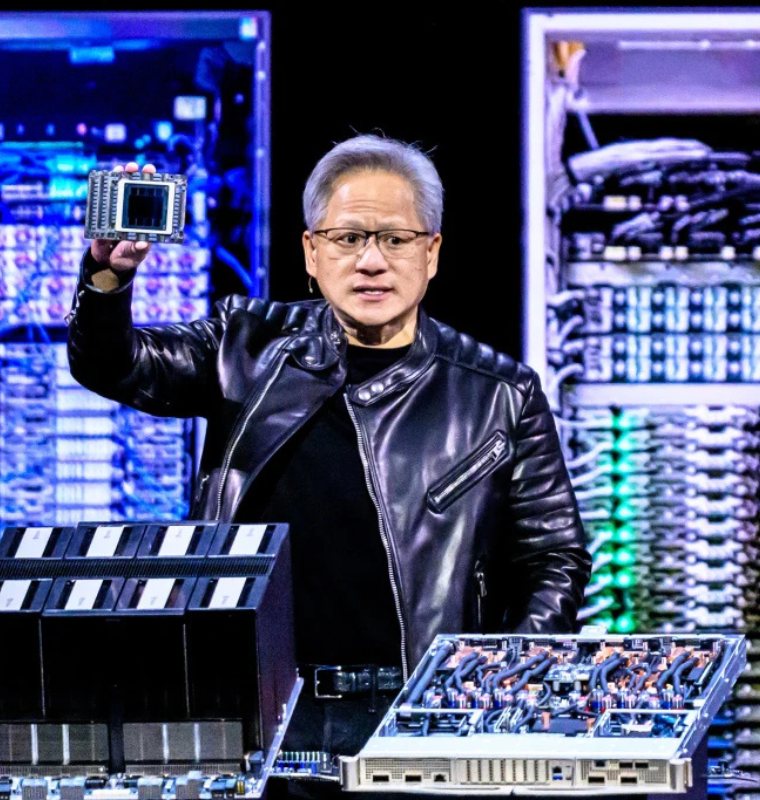Tesla Investor Backing for Musk’s Pay Deal Slips Compared to 2018
Tesla Investor Backing for Musk’s Pay Deal Slips Compared to 2018
By
Leah Rosenfeld
Last updated:
November 11, 2025
First Published:
November 30, 2025

Photo: BBC
In a recent vote, Tesla shareholders green-lit one of the most ambitious executive pay plans ever offered—yet the level of support falls short of the earlier benchmark set in 2018. While the vote appears strong at first glance, deeper scrutiny suggests a shift in investor sentiment.
Vote Breakdown and Comparison
This month, Tesla disclosed that excluding shares held by Musk and other insiders, about 66.9% of votes cast were in favour of the new pay arrangement. By contrast, when the company secured shareholder approval for his 2018 package, approximately 73% of non-insider votes supported it.
Reported figures for the most recent vote including all shares reached around 75% approval, reflecting the effect of Musk’s own ~15% stake being counted.
The reduction from 73% to approximately 67% is notable especially given Tesla’s high visibility and Musk’s central role in the company’s identity.
Why Support Has Fallen
Several factors are driving more cautious voting behaviour among investors:
- Tesla’s recent performance has been mixed: while it continues to dominate the electric-vehicle space, its sales growth has slowed and margins have come under pressure.
- Musk’s public persona and involvement in multiple ventures (beyond Tesla) have raised questions among some institutional shareholders about focus and “key-person risk.”
- Proxy advisory firms such as Institutional Shareholder Services (ISS) and Glass Lewis recommended voting against the proposal, citing concerns over shareholder dilution and the sheer magnitude of the award.
- Some large funds publicly opposed the plan. For example, Norway’s sovereign wealth fund announced its decision to vote “no,” referencing the size of the payout and governance issues.
What Musk’s Award Entails
The compensation package is structured entirely in stock and performance awards, with zero cash salary or bonus paid upfront. If all targets are achieved over the next decade, Musk stands to receive up to $1 trillion in Tesla stock—though the net value is estimated to be about $878 billion after adjusting for stock issuance terms.
The plan includes 12 tranches of awards tied to ambitious milestones: a market valuation target increasing from approximately $1.4 trillion today to $8.5 trillion, operations delivering 20 million vehicles, deployment of 1 million robotaxis, and over $400 billion in cumulative profit. Even if only a fraction of the hurdles are cleared, analysts estimate Musk could still net more than $50 billion in stock.
The award also boosts his potential ownership stake in Tesla—from roughly 15% today toward as high as 25% under certain conditions—thereby increasing his voting power and long-term influence at the company.
Implications for Investors and Tesla Governance
Despite strong shareholder approval, the decline in support among non-insider voters raises governance questions. Analysts suggest the outcome still represents broad confidence in Musk, but also a more measured stance by institutional investors. In effect, shareholders appear willing to bet on Musk’s vision—especially his pivot toward AI, robotics and Tesla’s future beyond vehicles—but they are less eager to approve unchecked rewards without clear guardrails.
For Tesla, securing the vote helps mitigate immediate risk of Musk departing or shifting focus elsewhere. But going forward, execution will matter: meeting the ambitious targets will be vital for shareholder value and for justifying the size of the payout. The extent to which Tesla delivers growth—especially in new business areas like robotaxis and humanoid robots—will shape how this vote is judged in retrospect.
Final Word
Though Elon Musk’s latest compensation plan passed, the comparative drop in approval from 2018 signals a more nuanced shareholder mindset. Investors continue to back Musk’s leadership at Tesla, but with greater caution, tighter expectations and heightened scrutiny of how the company balances ambition with accountability.
Popular articles
Subscribe to unlock premium content
AI-Curated Luxury Shopping Experiences Transform the Market

Luxury Smart Vehicle Accessories Create a $250 Million Niche Market

Bespoke AI Fitness Experiences Redefine Personal Training

AI-Curated Luxury Shopping Experiences Transform the Market

Luxury Smart Vehicle Accessories Create a $250 Million Niche Market

AI-Curated Luxury Shopping Experiences Transform the Market









